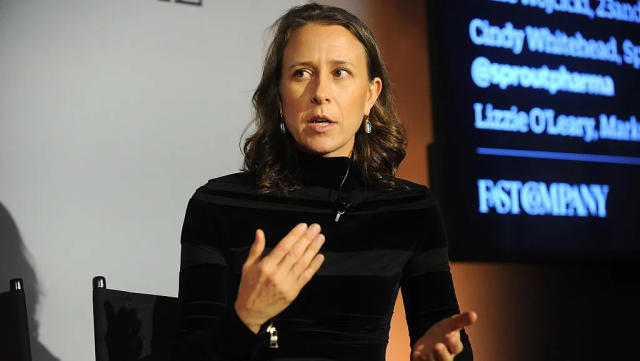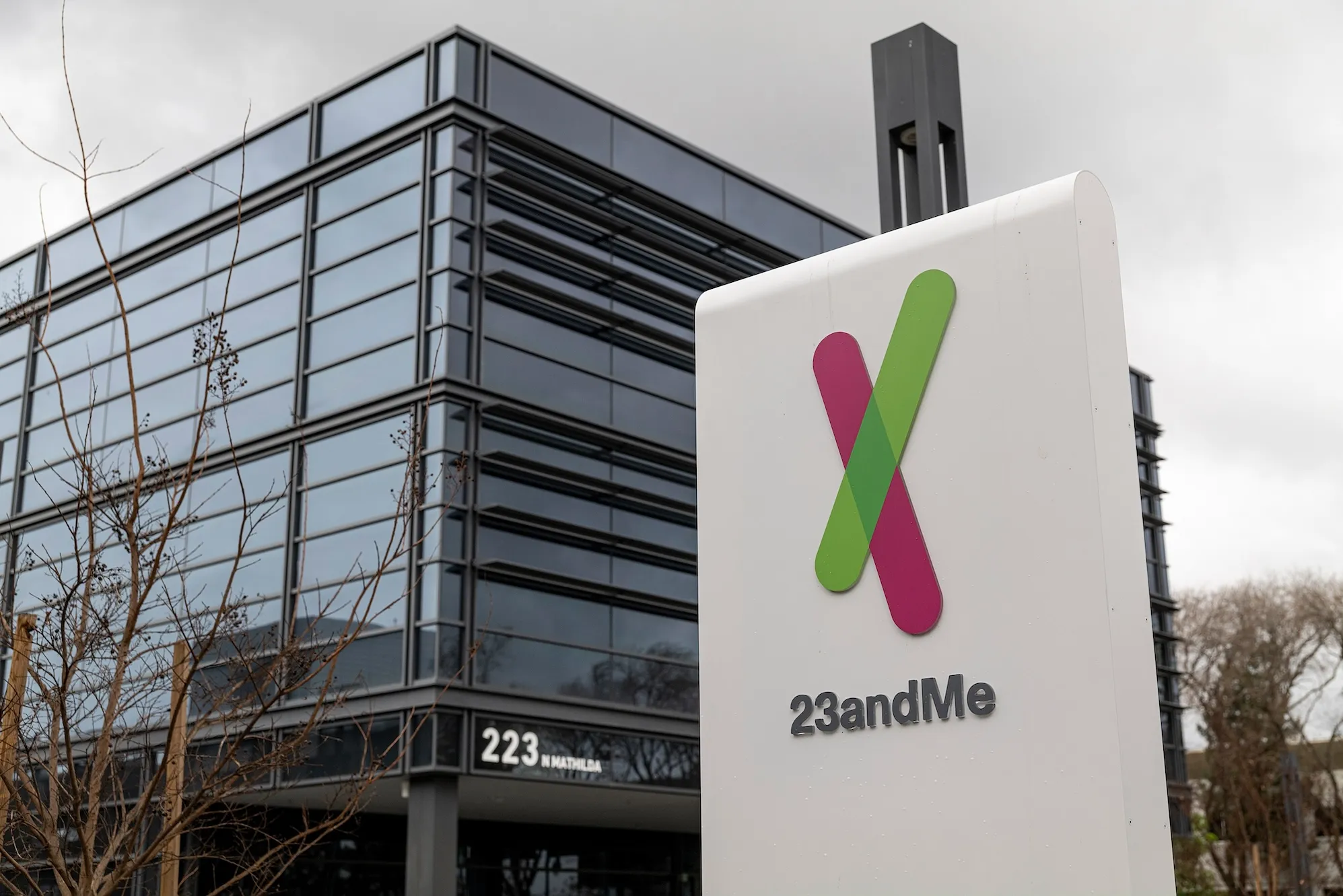The genetic testing company 23andMe has been thrust into a major leadership crisis following the sudden resignation of its entire board of directors. This unexpected upheaval has raised questions about the company’s future direction, its ability to navigate regulatory scrutiny, and its standing within the DNA testing industry. Here’s a closer look at the reasons behind the leadership shakeup, its impacts, and what’s next for 23andMe.
Introduction to the Leadership Crisis
The entire 23andMe board resigns, signaling a significant disruption in the company’s leadership. As one of the most prominent DNA-testing companies, this resignation brings uncertainty at a time when 23andMe faces ongoing challenges. The departure of the board, responsible for guiding corporate governance and strategy, is a major blow, raising concerns about the company’s immediate future and stability.
Factors Leading to the Board Resignation
The reasons for the mass resignation are complex. Reports suggest that internal disagreements regarding company strategy and leadership direction contributed to the crisis. Additionally, external pressures from regulatory bodies and market competition likely exacerbated tensions, leading to the complete exit of the board. This leadership vacuum may create short-term operational challenges for 23andMe as it works to rebuild its governance structure.

Impacts on 23andMe’s Operations
With the 23andMe board resigning, the company is left in a precarious position. The sudden loss of leadership could affect decision-making processes and delay the company’s strategic initiatives. Employees and shareholders alike are concerned about the company’s ability to maintain smooth operations during this transitional period. While CEO Anne Wojcicki remains at the helm, the absence of a board could affect key business functions such as financial oversight, corporate governance, and future planning.

Market and Industry Challenges
Even before the board’s resignation, 23andMe was grappling with intense competition from other DNA-testing companies and evolving consumer demands. Competitors like Ancestry and MyHeritage are continually innovating, placing pressure on 23andMe to differentiate itself. Furthermore, the genetic testing market has experienced regulatory tightening, further complicating 23andMe’s position.

Regulatory Scrutiny and Compliance Issues
In addition to leadership challenges, 23andMe has faced significant scrutiny from regulatory bodies. DNA testing, while popular, is subject to various privacy and data protection laws, with regulators keeping a close eye on how companies like 23andMe handle sensitive genetic data. Ongoing compliance issues may have contributed to the board’s resignation, as managing these concerns has proven difficult for the company. The potential for regulatory investigations looms, which could impact the company’s operations and reputation.
Financial Consequences of the Leadership Change
The DNA-testing company 23andMe is already feeling the financial impact of its leadership crisis. Following the resignation of the board, stock prices took a dip, reflecting investor uncertainty about the future of the company. Additionally, the company may face operational disruptions, which could affect its revenue and market position. The resignation of key leaders often signals instability, and in this case, investors are left questioning the long-term financial health of the company.
Shareholder Reactions
As news of the board’s resignation broke, shareholders expressed concerns about the company’s stability. Investor confidence is closely tied to leadership continuity, and with the board gone, there are fears that 23andMe may struggle to regain market trust. Shareholders are particularly worried about the company’s ability to remain competitive in the rapidly evolving genetic testing industry. With limited information on what led to the board’s exit, many are anxiously awaiting future developments and leadership appointments.
Role of the CEO During the Transition
Amidst the turmoil, CEO Anne Wojcicki remains a key figure in the company’s leadership. Wojcicki, one of the co-founders of 23andMe, has been instrumental in driving the company’s growth over the years. In light of the board’s resignation, her leadership will be critical as she navigates the company through this period of uncertainty. Wojcicki’s immediate challenge will be to stabilize the company and instill confidence in both investors and employees. Rebuilding the board with a clear vision for the future will be essential.
Potential Replacements and New Leadership Strategy
With the resignation of the board, 23andMe must quickly find qualified replacements who can provide strategic direction and restore confidence in the company. It is expected that the new leadership will need to address the core issues that led to the resignation, including regulatory compliance, competitive positioning, and market strategy. The appointment of industry veterans or individuals with strong governance backgrounds could help reassure stakeholders and guide 23andMe through this transition.
Outlook for the Future
Looking ahead, the future of 23andMe is uncertain, but not without hope. The company still has strong brand recognition and a loyal customer base. However, it must quickly address its leadership crisis to avoid further financial and operational damage. 23andMe‘s ability to recover will depend on how quickly it can fill the leadership void, address regulatory challenges, and navigate the competitive landscape. A clear and proactive strategy will be critical in ensuring the company’s long-term success in the DNA testing market.
Conclusion
The 23andMe leadership crisis represents a major turning point for the company. While the road ahead is filled with challenges, strong leadership, and a renewed strategic focus can help the company regain its footing and continue its journey as a leader in the genetic testing industry.





